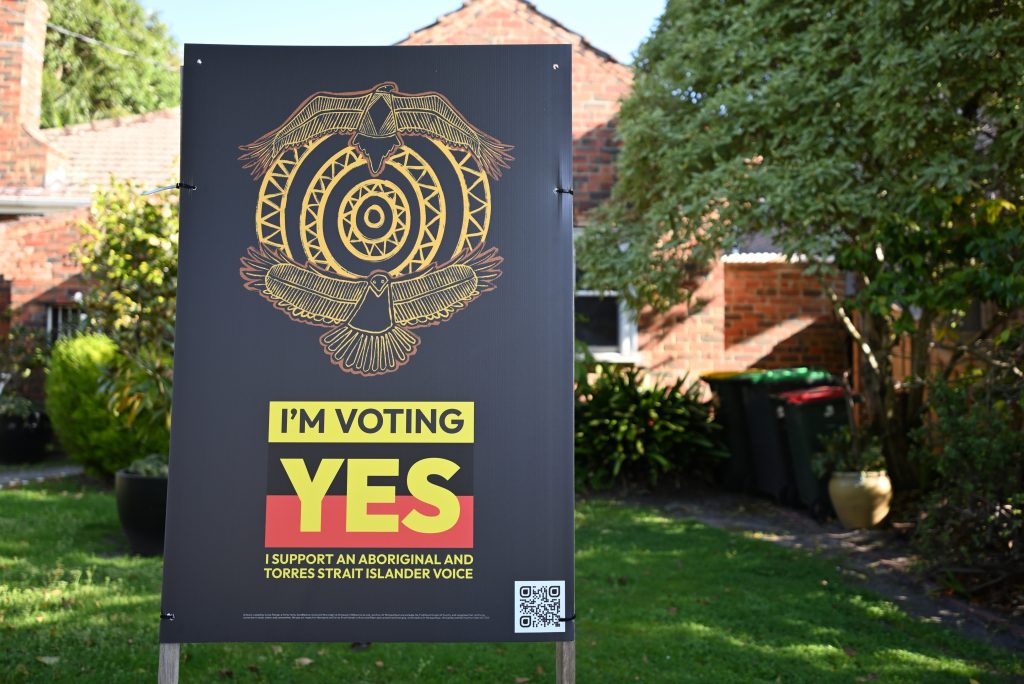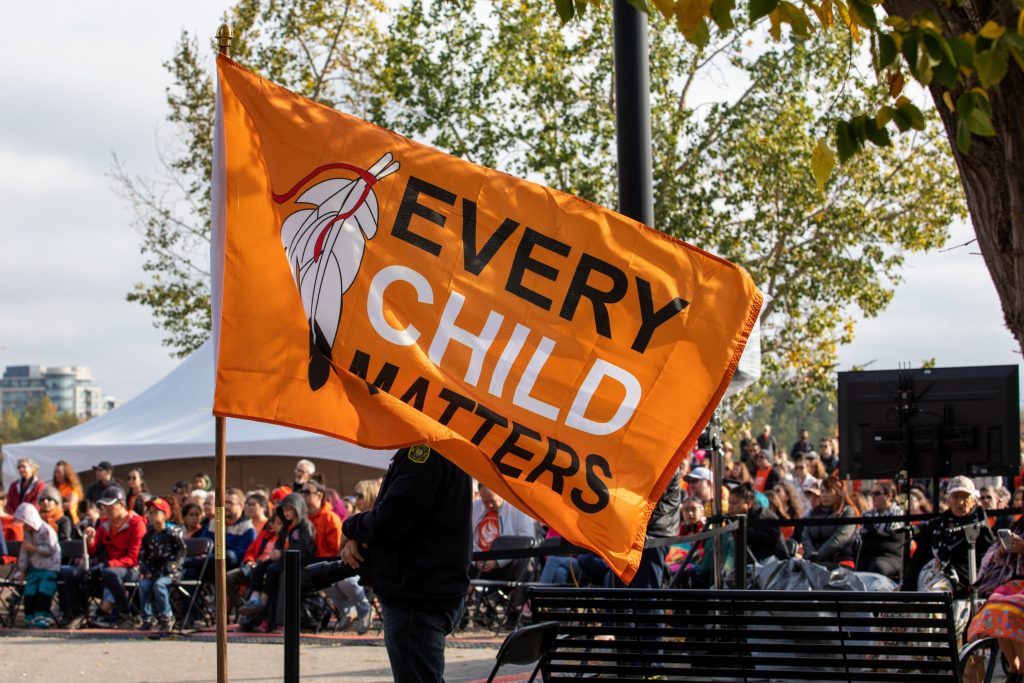Introduction
Canada and Australia, although geographically disparate and located in different hemispheres, have parallel, troubling legacies of institutionalized settler colonial violence and the systemic marginalization of Indigenous Peoples. Both enacted similar eras of stolen children, little to no inclusion in policy development and political decision-making, forced relocations, and the widespread destruction of cultures and languages. Today, the Indigenous populations of both nations struggle with poor health outcomes, low educational attainment, over representation in the criminal justice system, record numbers of children placed in the child welfare system, and low socioeconomic status and outcomes.
Acknowledgement of the historical, generational, and ongoing harms of colonialism combined with greater recognition of Indigenous rights and self-determination has cumulated in a trend towards Reconciliation in both countries in recent years. A wide variety of programs, initiatives, and activities have been employed to improve relations. Reconciliation, however, is a tricky concept, both in theory and in practice. While some progress has been made, the process remains arguably in the infancy stage, with much more concerted effort, resources, and action required to fully realize true Reconciliation.
What is “Reconciliation”?
The concept of Reconciliation is complex, contested, and no single definition entirely captures the term – in theory – and the practice – in action. The Truth and Reconciliation Commission of Canada (TRC) defines Reconciliation as:
“Reconciliation is about establishing and maintaining a mutually respectful relationship between Aboriginal and non-Aboriginal peoples in [Canada]. In order for that to happen, there has to be awareness of the past, an acknowledgement of the harm that has been inflicted, atonement for the causes, and action to change behaviour.”
-Executive Summary, Honouring the Truth, Reconciling the Future Report
The federal government of Canada does not offer a single definition of Reconciliation, rather stating it is “building a renewed relationship with First Nations, Inuit, and Métis Peoples based on the recognition of rights, respect, and partnership… to address past harms, support strong and healthy communities, and advance self-determination and prosperity.” In 2017, Canada developed ten guiding principles to advance Reconciliation with Indigenous Peoples.
Reconciliation Australia – the non-profit organization leading initiatives in Australia – states Reconciliation is, “an ongoing journey… based and measured on five dimensions: historical acceptance; race relations; equality and equity; institutional integrity and unity.”

Reconciliation is a deeply relational concept that necessarily requires ongoing, informed, and sustained dialogue and engagement amongst all parties. It must be considered in every aspect of government and Indigenous Peoples’ relations and interactions, as well as within broader public and private sector institutions. The process is highly context sensitive and each nation or society must tailor its approach appropriately.
Reconciliation, particularly amongst First Nations and Indigenous Peoples, is not universally embraced or accepted – often met with uncertainty, suspicion, or outright rejection. Given a long history of broken promises and false hope, many Indigenous groups distrust meaningful change will occur. Reconciliation has also been challenged as merely “a tool of political manipulation wielded in the service of power to legitimize the status quo.” Reconciliation is indeed a committed priority for the Governments of Canada and Australia – but with lacklustre track records thus far – it remains to be seen if Reconciliation can transform from ubiquitous buzzword to reality.
Reconciliation in Australia
For Aboriginal and Torres Strait Islander peoples, who make up 3.8% of Australia’s 26 million population and have inhabited the land for 60,000 years, Australia’s colonial history is characterised by devastating land dispossession, violence, and racism. Over the last half-century, however, steps towards Reconciliation have been taken. In 1991, the Royal Commission into Aboriginal Deaths in Custody presented its final report and recommendations to the Australian government, including calling for a process of national Reconciliation. The Australian Parliament unanimously passed the Council for Aboriginal Reconciliation Act (1991), which formally launched a process of national Reconciliation and established the Council for Aboriginal Reconciliation (CAR) for a ten-year period. CAR’s vision was for “a united Australia which respects this land of ours; values the Aboriginal and Torres Strait Islander heritage; and provides justice and equity for all.” The subsequent year, the High Court of Australia recognized native title in a historic legal case, busting the myth of terra nullius. In 1997, the Bringing Them Home Report on Australia’s Stolen Generations was released, coinciding with the launch of an inaugural Australian Reconciliation Convention. In 2008, then Prime Minister Kevin Rudd formally apologized to the Stolen Generations on behalf of the Australian Government, and in 2009, after initially opposing, Australia supports the United Nations Declaration on the Rights of Indigenous Peoples (UNDRIP).

Despite these efforts and steps forward, Aboriginal and Torres Strait Island people are not mentioned in the Australian constitution and remain the country’s most disadvantaged people by most socioeconomic measures. In late 2023, Australia voted via referendum whether the nation’s constitution should be amended to enshrine a mechanism for Aboriginal and Torres Strait Islander peoples to advise parliament on policies that affect their lives and communities. ‘The Voice’ referendum, as it became known, would have established a board of Indigenous Peoples who would provide advice to the Australian federal government on issues affecting their communities. However, more than 60% of Australians voted “No,” and all six states rejected the proposal. The failure of the referendum has been noted as a significant setback for Australia’s reconciliation efforts.
Reconciliation in Canada
Official discourse regarding Reconciliation in Canada coincided with the federal government’s response to the Royal Commission on Aboriginal Peoples’ final report. Gathering Strength: Canada’s Aboriginal Action Plan included a Statement of Reconciliation, government acknowledgement of its role in developing and administering Residential Schools, and a monetary commitment towards “community-based healing.” However, Canada did not officially apologize for the Indian Residential School system until 2008.
Notably, in 2005, the federal government announced the Indian Residential Schools Settlement Agreement compensation package. The package set aside $60 million for a Truth and Reconciliation Commission (TRC) to document the experiences of residential school survivors. The TRC Calls to Action were released in 2015, launching national awareness of Reconciliation across government bodies, educational institutions, corporations, and religious organizations.
Efforts to advance Reconciliation in Canada have been mixed. Substantial overhauls to K-12 and post-secondary curricula to include the history of colonialism and Residential Schools have been noted. Canada (after initially voting against the resolution) officially adopted the UNDRIP resolution in May 2016. In 2021, the first National Day of Truth and Reconciliation (“Orange Shirt Day”) took place.

However, Canada continues to litigate First Nations over their assertion of Treaty rights and land title. Child welfare agencies and the justice system have been slow to enact meaningful changes to improve the treatment of Indigenous Peoples. The discovery of unmarked Residential School burial sites in British Columbia, Saskatchewan, and Alberta horrified the nation and made international headlines – despite Indigenous and First Nations citizens asserting the truth of unaccounted loved ones for decades. And despite a promise to address the issue of clean drinking water on First Nations by March 2021, as of December 20, 2023, 29 long-term drinking water advisories remain across Canada.
Conclusion
Reconciliation continues to mean different things to different peoples and entities – and remains controversial among First Nations and Indigenous Peoples for the ongoing lack of accompanying action and recognition. Indeed, colonial and “residential school denialism” is on the rise in Canada and Australia. Such denialism manipulates and undermines not only Reconciliation efforts but also the realities of Indigenous Peoples’ painful experiences under Canadian and Australian colonialism.
“The purpose [of Reconciliation] is not to be done, but productive and better.”
-Linc Kesler, UBC First Nations and Indigenous Studies
Crucially, the purpose of Reconciliation is not to reach some “endpoint” or to be “done” with the process. It is an ongoing effort that cannot be measured on completeness.










Share the article